Psychedelics in Therapy : New Ways to Catalyze Healing By Michael Mithoefer – PESI
$64.00 $15.00
Psychedelics in therapy: New ways to catalyze healing
Content Proof:
The exploration of psychedelics in therapeutic settings has emerged as a groundbreaking subject in mental health treatment. In his work, “Psychedelics in Therapy: New Ways to Catalyze Healing,” Michael Mithoefer delves into this innovative frontier, examining how psychedelic substances may serve as catalysts for profound psychological breakthroughs. As the stigma surrounding these substances wanes, emerging research and clinical trials have reignited interest in their potential to heal emotional and psychological wounds that traditional modalities often struggle to address. This article endeavors to unpack Mithoefer’s insights and the implications for the future of mental health therapy.
The Historical Context of Psychedelics in Psychiatry
Resurgence of Interest
The historical context of psychedelics in psychiatry is rich, marked by a period of both enthusiasm and controversy. In the 1950s and 60s, psychedelics like LSD and psilocybin were lauded for their therapeutic potential. However, as societal views shifted, research stalled, and these substances fell into disrepute. Recently, Mithoefer reveals that a renaissance is underway clinical trials are reviving interest, showcasing psychedelics not only as recreational substances but as viable therapeutic agents. The resurgence is echoing a broader cultural shift toward holistic and integrative approaches to mental health.
In this revival, Mithoefer emphasizes that the modernization of clinical trials, particularly their adherence to rigorous safety protocols, has paved the way for renewed legitimacy in research. One of the most prominent studies referenced is the MAPS-sponsored research which demonstrated significant reductions in PTSD symptoms through the use of MDMA in controlled settings marking a pivotal moment in public acceptance and scientific validation of psychedelics as a therapeutic modality.
Therapeutic Breakthroughs
Central to Mithoefer’s argument is the idea that psychedelics facilitate profound psychological experiences. The transformative nature of these experiences can allow patients to confront deeply embedded traumas, often leading to breakthroughs that traditional psychotherapy may not achieve. For instance, the mystical experience a term denoting feelings of unity and transcendence has been correlated with positive treatment outcomes. This phenomenon, akin to a spiritual epiphany, can shift a patient’s perspective, offering them a renewed sense of self and purpose.
Mithoefer’s exploration extends to the pivotal role of the therapeutic alliance the bond between patient and therapist in maximizing the effectiveness of psychedelics in therapy. Just as a gardener nurtures a plant to bloom, the therapist must create a secure environment where patients feel safe enough to explore their inner landscapes. Through careful preparation and integration, therapists can help patients navigate the unpredictable waters of their experiences, enhancing therapeutic efficacy.
The Role of Setting and Integration
Mithoefer underscores that setting the physical and emotional environment in which a psychedelic experience occurs is crucial. A conducive setting can transform these sessions from mere drug administration into meaningful, therapeutic encounters. Ritualistic elements, calm surroundings, and supportive interactions enrich the therapeutic experience, fostering an atmosphere where healing can occur.
Once the psychedelic experience concludes, integration becomes essential. This phase allows patients to process and incorporate their experiences into their daily lives, ensuring these insights contribute to long-lasting healing. Utilizing frameworks from existential therapy, mindfulness, or cognitive-behavioral approaches can aid in this process, providing the necessary support for patients to maintain their momentum in recovery.
Clinical Approaches to Psychedelic-Assisted Psychotherapy
Emerging Protocols
In the realm of clinical practice, Mithoefer presents evolving protocols for psychedelic-assisted psychotherapy. These protocols outline structured methodologies designed to ensure patient safety and maximize therapeutic outcomes. Key aspects might include pre-session preparatory meetings, careful dosing, and follow-up integration sessions. Such careful orchestration of therapeutic elements resembles a maestro directing a symphony, where each component harmonizes to create a healing experience.
- Preparation: Before sessions, therapists assess patients’ histories, expectations, and emotional readiness. This is akin to a tailor fitting a suit, ensuring that it will complement the wearer’s unique qualities.
- Session: The actual therapy session occurs in a safe, controlled setting where trained professionals guide the patient through their experience, akin to a lighthouse guiding a ship through a stormy sea.
- Integration: Post-session, therapists work with patients to help them make sense of their journeys, ensuring the experience translates into beneficial changes in their lives.
Importance of Trained Professionals
Mithoefer insists that the presence of trained professionals is non-negotiable in this therapeutic paradigm. The psychedelic experience can evoke emotional upheaval, and without appropriate guidance, individuals may feel adrift. Trained therapists provide the necessary scaffolding support structures that allow patients to climb toward their mental health goals safely.
Clarity surrounding the qualifications required to conduct psychedelic-assisted therapy is vital. Therefore, it’s recommended to seek therapists who have undergone specialized training in psychedelic therapy models, such as those offered by MAPS and other recognized institutions.
Promising Data and Research Findings
Significant studies mark the pathway for integrating psychedelics into mainstream therapy. For instance, a 2021 systematic review in the Journal of Psychopharmacology [1] synthesized data across multiple trials, concluding that psychedelics like psilocybin and MDMA exhibit substantial efficacy in treating conditions such as depression and PTSD. This is not mere anecdotal evidence; it’s grounded in scientific research that advocates for a paradigm shift in mental health treatment methodologies.
Reevaluating Perceptions of Psychedelics in Mental Health
Cultural Shifts and Acceptance
As Mithoefer asserts, the reevaluation of how society perceives psychedelics is imperative. The generational gap in attitudes towards drug use means that younger populations are more open to exploring these substances’ therapeutic potential. This cultural shift mirrors movements in other realms much like how plant-based diets have gained traction among health-conscious individuals in recent years.
Such acceptance extends beyond just the general public. Influential figures within the medical community, including psychiatrists and psychologists, have begun to advocate for further exploration of psychedelics in mental health, creating a ripple effect of interest in this subject.
Ethical Considerations
These advancements, however, come with ethical considerations. Mithoefer calls for responsible and ethical practices in psychedelic therapy, emphasizing that exploitation, misrepresentation, or incorrect dosages can pose significant risks to vulnerable populations. Regulatory frameworks and ethical guidelines must guide the application of psychedelics in therapy, similar to how clinical trials are subject to stringent oversight.
As society stands at the crossroads of a potentially transformative period in mental health treatment, it becomes crucial to ensure safety and efficacy in the processes employed. The application of psychedelics must not become a fad but rather a well-established pathway built upon decades of rigorous scientific inquiry.
Future Directions
Looking toward the future, Mithoefer advocates for continued research and open dialogue regarding the therapeutic uses of psychedelics. As more clinical trials unfold, the data will provide deeper insights into best practices, safety measures, and expanded indications for psychedelic therapy. The prospect of personalized treatments tailored to individual needs could offer uniquely powerful healing avenues, much like the personalized medicine trend we see emerging in other medical fields.
Conclusion
In conclusion, Michael Mithoefer’s exploration of psychedelics in therapy illuminates an exciting and pivotal shift in mental health treatment approaches. By reevaluating these substances’ historical and therapeutic contexts, we can usher in a new era of healing that emphasizes the importance of preparation, integration, and professional oversight. As research continues to unfold, the potential for psychedelics to serve as transformative agents in the therapeutic landscape looks promising. The synthesis of mystical experiences, trained guidance, and ethical application positions psychedelics as groundbreaking tools in the pursuit of mental wellness, much like a beacon of light penetrating the fog of traditional treatment limitations.
Frequently Asked Questions:
Business Model Innovation: We use a group buying strategy that enables participants to share costs and access popular courses at lower prices. This approach helps individuals with limited financial resources, although it may raise concerns among content creators regarding distribution methods.
Legal Considerations: Our operations navigate complex legal issues. While we do not have explicit permission from course creators to resell their content, there are no specific resale restrictions mentioned at the time of purchase. This lack of clarity allows us to offer affordable educational resources.
Quality Control: We guarantee that all course materials provided are identical to those offered directly by the creators. However, please note that we are not official providers. As a result, our services do not include:
– Live coaching calls or sessions with the course author
– Access to exclusive author-controlled groups or portals
– Membership in private forums
– Direct email support from the author or their team
Our goal is to make education more accessible by offering these courses independently, without the additional premium services available through official channels. We appreciate your understanding of our unique approach.
Be the first to review “Psychedelics in Therapy : New Ways to Catalyze Healing By Michael Mithoefer – PESI” Cancel reply
You must be logged in to post a review.

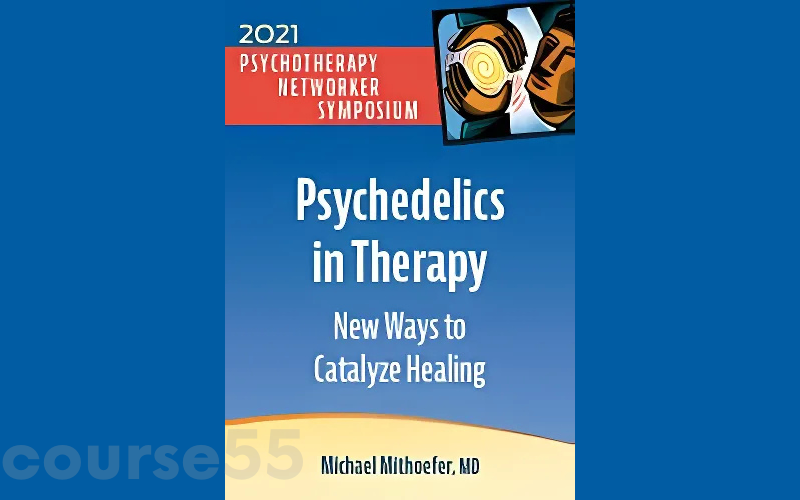

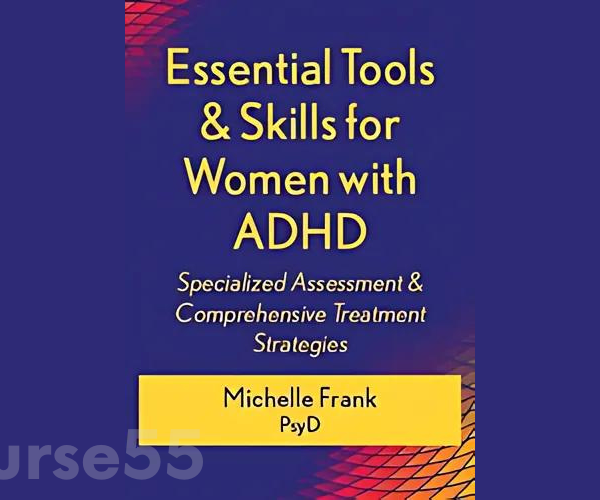


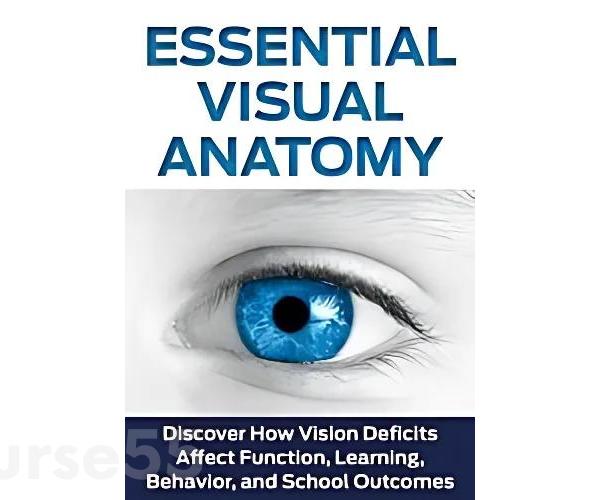
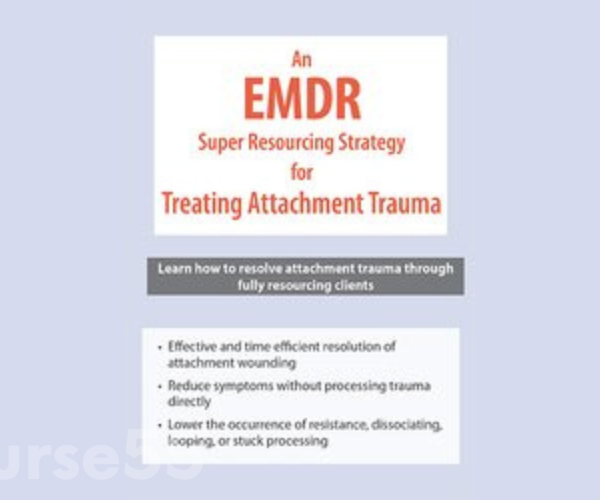
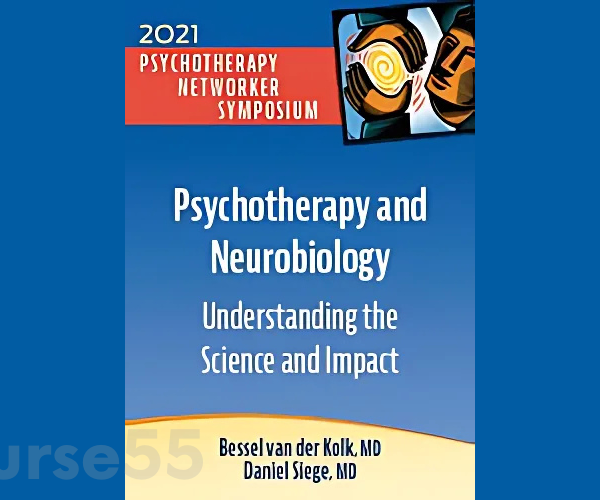
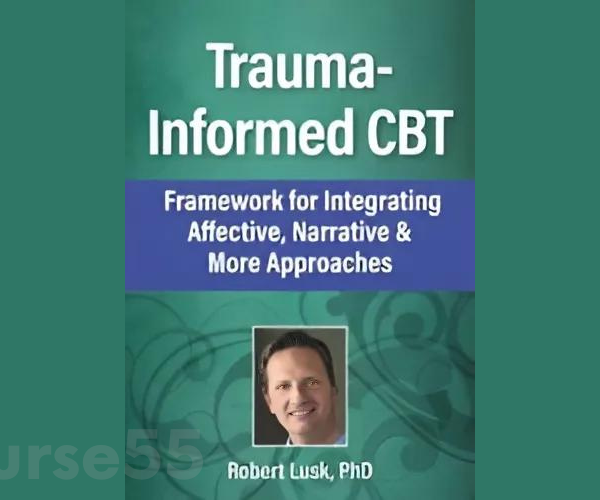
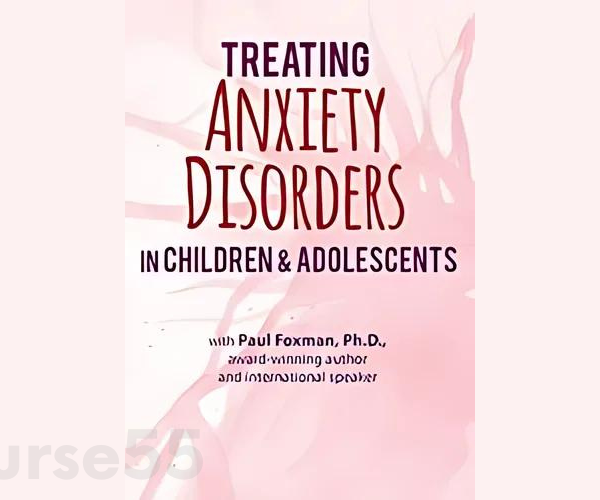

Reviews
There are no reviews yet.